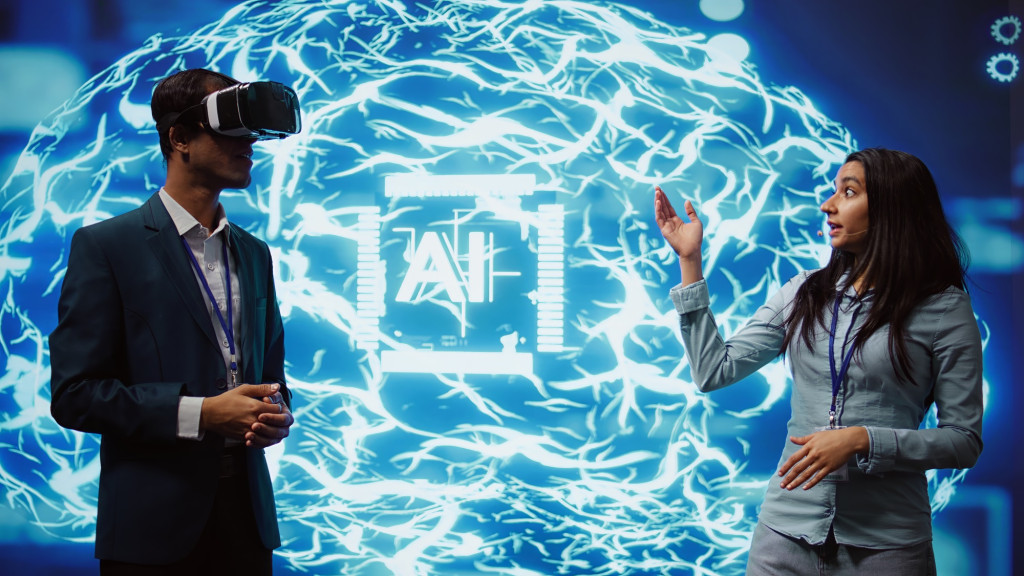US lawmakers debate promise and risks of artificial intelligence
US lawmakers held a hearing on September 17 to weigh the benefits and risks of artificial intelligence, focusing on innovation, jobs, privacy, and national security. Experts urged Congress to create a federal framework that encourages growth while protecting workers and consumers from bias, scams, and other harms.

Members of the U.S. House Oversight Subcommittee on Cybersecurity, Information Technology, and Government Innovation held a hearing on 17 September to examine the rapid development of artificial intelligence (AI). Lawmakers and experts discussed how to balance AI’s potential for innovation with concerns over jobs, privacy, and national security.
Opportunities and risks
Committee Chair Nancy Mace (R-SC) compared today’s AI competition to historic races in space and nuclear technology, pointing to breakthroughs in healthcare, transportation, and agriculture. Ranking Member Shontel Brown (D-OH) emphasised the need for safeguards, warning that automation could increase inequalities if left unchecked.
Witnesses echoed this dual perspective. Kinsey Fabrizio of the Consumer Technology Association said AI is already embedded in everyday technologies, from medical tools to autonomous farming equipment. She called AI a ‘growth engine’ but warned that a patchwork of state regulations could hurt smaller innovators.
Pace of change
Samuel Hammond of the Foundation for American Innovation highlighted how quickly AI capabilities are advancing. He noted that some systems now complete engineering tasks that once took humans hours, with task complexity growing rapidly. He warned that AI systems may soon help design more advanced successors, although limits such as computing power could slow progress.
Workforce and consumer protection
Nicol Turner-Lee of the Brookings Institution stressed risks of bias in automated hiring, scams using AI-generated voices, and the lack of strong privacy protections. She called for audits, oversight, and national efforts to build “AI literacy” for workers. Witnesses differed on job impacts, with some pointing to new opportunities in technical trades and others warning of disruptions, particularly for frontline roles.
Global competition
The hearing also focused on competition with China, which is investing heavily in AI-related industries. Witnesses warned that the US risks losing its technological edge if it does not act quickly. While many favoured a national AI framework to unify rules, Turner-Lee cautioned that federal policies must not weaken state-level consumer protections.
Why this matters
The debate highlights the difficult balance between encouraging innovation and protecting society. Civil society groups are likely to play a role in shaping rules that protect privacy, ensure fairness, and expand digital literacy. With nearly half of US workers expecting AI to reshape their jobs within five years, the choices lawmakers make could have long-term impacts on economic security, social equity, and global competitiveness.


